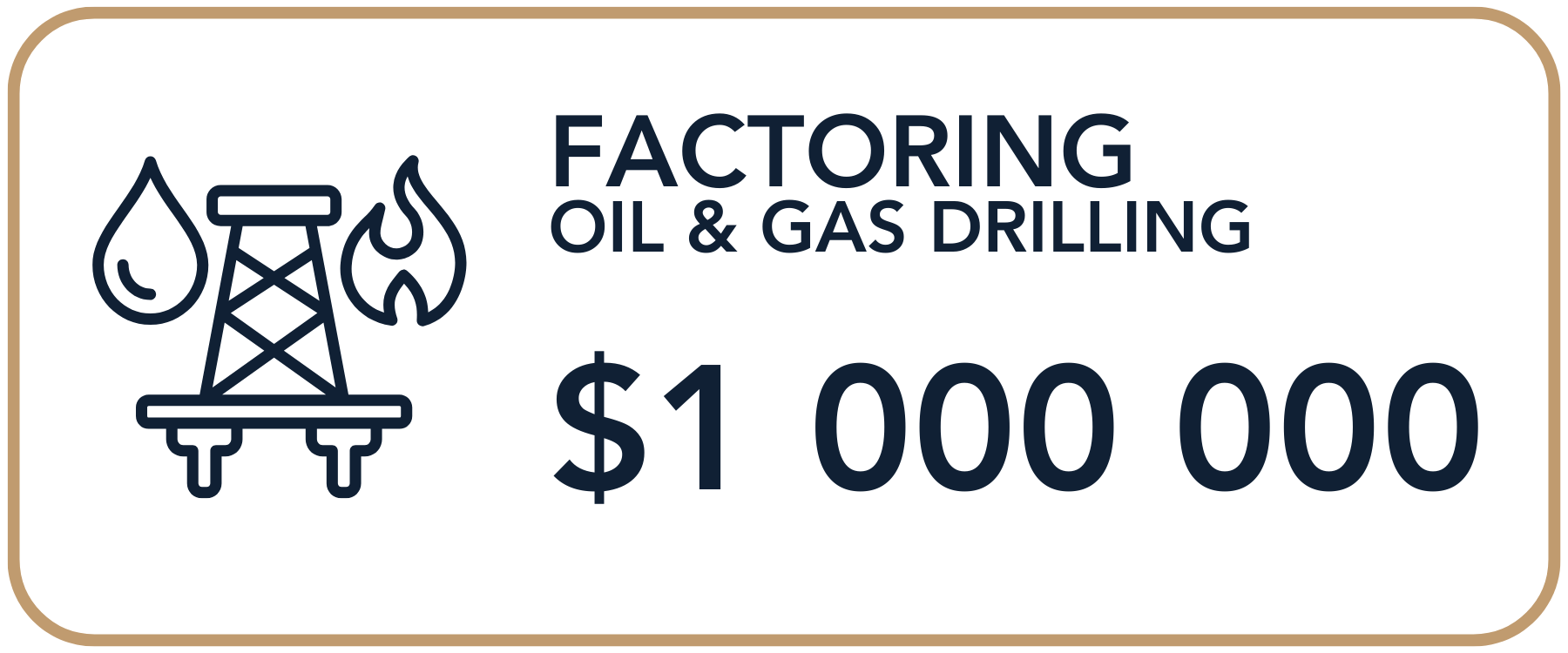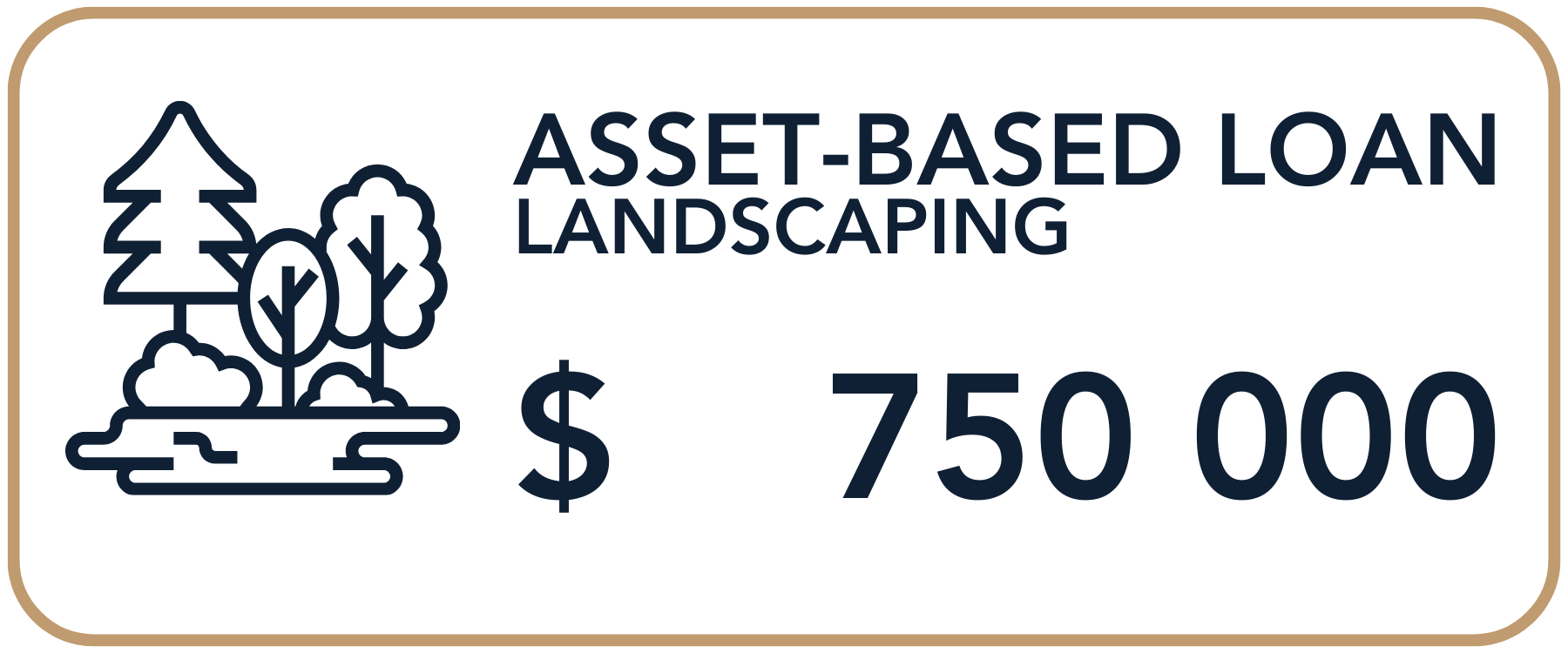Cash flow gaps can pressure small and medium-sized businesses (SMBs) in Canada to seek quick financial solutions like Merchant Cash Advances (MCAs). While MCAs offer rapid access to funds, they come with high costs, unclear terms, and potential risks to your financial stability and existing financing agreements.
At Express Business Funding (EBF), we’ve seen a rise in client concerns around MCAs. With over 20 years of experience supporting Canadian SMBs through invoice factoring and alternative business financing in Canada, we’re committed to offering transparent, sustainable solutions. This article explores the risks of MCAs and presents EBF’s smarter alternatives for long-term growth and cash flow stability.
Key Takeaways
- High Costs: MCAs often carry rates up to 40%, plus hidden fees—significantly more expensive than EBF’s invoice factoring.
- Cash Flow Pressure: Daily or weekly repayments make financial planning difficult and can trigger debt spirals.
- Contract Conflicts: MCAs encumber receivables, potentially violating your EBF agreement and reducing available funding.
- Unclear Terms: Many MCA contracts hide key risks like general security on business assets.
- Better Alternatives: EBF offers fast, debt-free business financing for Canadian SMBs without the drawbacks of MCAs.
What Are Merchant Cash Advances?
A Merchant Cash Advance is a short-term financing product where a business receives a lump sum in exchange for a portion of its future sales. Repayments are typically made daily or weekly through automated deductions from the business’s bank account.
Though MCAs seem like a convenient fix, their high interest rates that can sit as high as 45% APR and rigid repayment terms can strain cash flow—especially for businesses already experiencing financial pressure. For small businesses in Canada, the risks of Merchant Cash Advances often outweigh the benefits.
How MCAs Affect Your EBF Financing Facility
If you’re already working with EBF, taking on an MCA can jeopardize your existing factoring arrangement. EBF’s model depends on unencumbered receivables to deliver fast, debt-free funding. MCAs interfere with this by placing claims on your future sales, which may breach your agreement terms with EBF.
“Before engaging any new facilities, consult with our team to explore alternatives. Our existing clients receive priority and preferential rates, offering greater value than MCAs.”
— Kevin Fagundes, COO, Express Business Funding
Key Risks and Pitfalls of MCAs
MCAs are marketed as quick solutions, but they often trap businesses in costly cycles. Key issues include:
- Excessive Costs: Interest rates can reach 40% or more, excluding additional fees.
- No Early Repayment Advantage: Businesses remain locked into expensive terms even if they repay early.
- Cash Flow Disruption: Daily deductions interfere with budgeting and can lead to more borrowing.
- Default Risks: Failure to repay may lead to asset seizures, lawsuits, and damage to your credit profile.
- Lack of Transparency: Contracts often include general security clauses, despite being promoted as “unsecured.”
These drawbacks make MCAs a risky and expensive option for Canadian SMBs looking for working capital or non-bank business funding.
EBF’s Safer Alternatives to MCAs
Instead of risking your financial future with an MCA, consider EBF’s proven alternatives designed for flexibility and growth:
Invoice Factoring
- Get cash within 24 hours by selling your receivables.
- No debt or rigid repayment schedules.
- Perfect for sectors like staffing, manufacturing, and wholesale.
- Keeps your cash flow smooth and predictable.
- A top choice for businesses needing fast business funding in Canada.
Asset-Based Lending
- Use your accounts receivable, inventory, or equipment to access a flexible credit line.
- Lower costs and custom terms aligned with your revenue cycle.
- Helps fund expansion, payroll, or inventory without financial strain.
- Ideal for Canadian SMBs in need of flexible, alternative business financing.
Exclusive Benefits for Existing Clients
EBF rewards loyalty with preferential rates and tailored financing options. You get transparent terms, ongoing support, and no risk of conflicting contracts like those associated with MCAs.
“Our team is here to help you explore options that align with your business goals—even if they don’t involve our services.”
— Kevin Fagundes, COO, Express Business Funding
While Merchant Cash Advances may offer fast funding, the hidden fees, high interest rates, and contractual risks make them an unsustainable choice for many Canadian SMBs. They can even endanger existing invoice factoring facilities and disrupt future access to funding.
At Express Business Funding, we believe in smarter financing. Our invoice factoring and asset-based lending options offer fast, flexible, and transparent alternatives to MCAs—without the debt traps. Choose non-bank business financing that supports your long-term success.
“Consider all options before engaging facilities that seem too good to be true.”
— Kevin Fagundes, COO, EBF
Avoid the debt trap. Explore sustainable business funding with EBF.
Contact our team today to learn how alternative finance can power your growth, without the risks of Merchant Cash Advances.
FAQs
1. Are Merchant Cash Advances permitted under Canadian financial regulations?
Yes, MCAs are permitted in Canada; however, they are not regulated in the same way as traditional loans. This lack of regulation can result in contracts with unclear terms and excessive costs. It is advisable to seek legal and financial guidance before proceeding with an MCA.
2. What is the typical cost of a Merchant Cash Advance in Canada?
MCAs can carry effective interest rates that are typically between 35% and 45%, often excluding additional administrative or hidden fees. This makes them substantially more expensive than more transparent options such as invoice factoring.
3. What are the consequences of defaulting on a Merchant Cash Advance?
Defaulting on an MCA can lead to serious consequences, including asset seizure, legal action, and negative impacts on your credit profile. Some contracts may even permit the lender to freeze business bank accounts.
4. Is it possible to use invoice factoring if a Merchant Cash Advance is already in place?
Potentially. Invoice factoring with EBF requires unencumbered receivables. If your receivables are already pledged to an MCA provider, those obligations must typically be resolved prior to establishing a factoring arrangement. But don’t worry, we can help you with that!
5. How does invoice factoring compare to Merchant Cash Advances in terms of benefits?
- Invoice factoring provides debt-free funding.
- Funds are typically advanced within 24 hours.
- There are no daily repayment requirements.
- Costs are lower and terms are transparent.
6. Why are Merchant Cash Advances often considered risky for small businesses?
MCAs tend to feature high borrowing costs, rigid repayment structures, and ambiguous contractual terms. These factors can severely disrupt a company’s cash flow and long-term financial health.
7. Is invoice factoring classified as a loan?
No. Invoice factoring involves the sale of accounts receivable rather than incurring debt. It allows businesses to access working capital without taking on additional financial liabilities.
8. What is the funding timeline for EBF’s invoice factoring services?
Most clients get funding within 24 business hours after setting up the facility and checking invoices. This makes it a quick solution for urgent cash flow needs.
9. Which business sectors benefit the most from invoice factoring?
Industries that take a long time to get paid and have a lot of money owed to them can benefit from invoice factoring. These industries include:
- Construction
- Manufacturing
- Wholesale
- Telecoms
- Staffing
10. Can a business transition from a Merchant Cash Advance to EBF’s invoice factoring?
Yes, our team can assist with reviewing your existing commitments and structuring a transition plan.































